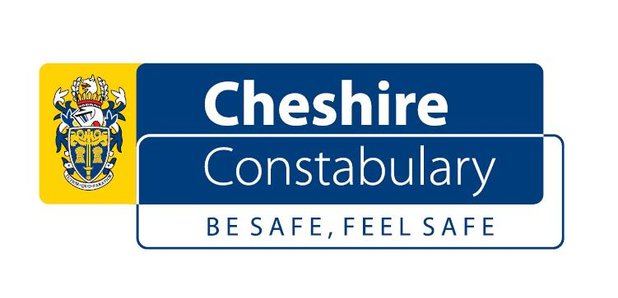
Arrests of children by Cheshire Police have been reduced by 47 per cent since the Howard League for Penal Reform began a major campaign to keep boys and girls out of the criminal justice system, new figures reveal today (Monday 14 December).
Arrests of children by Cheshire Police have been reduced by 47 per cent since the Howard League for Penal Reform began a major campaign to keep boys and girls out of the criminal justice system, new figures reveal today (Monday 14 December).
For the last decade, the Howard League has been working with police forces across England and Wales to reduce arrests of children, helping to ensure that hundreds of thousands of boys and girls do not have their lives blighted by a criminal record.
The charity’s latest research briefing, Child arrests in England and Wales 2019, published today, shows that there has been a 71 per cent reduction nationwide in the number of arrests of children aged 17 and under – from 245,763 in 2010 to 71,885 in 2019. Every police force in England and Wales has achieved a reduction in arrests over this period, with all but three reducing their arrest rate by more than half.
Cheshire Police made 998 arrests of children in 2019. This compares to the 1,870 arrests recorded by the force back in 2010, when the Howard League campaign began.
Now the Howard League is encouraging police forces to build on this success and focus on areas where even more could be done to prevent children being arrested unnecessarily – particularly Black children and children from minority ethnic backgrounds, victims of child criminal exploitation, and children living in residential care.
Academic research has shown that each contact a child has with the criminal justice system drags them deeper into it, leading to more crime. This is why the Howard League is working to keep as many boys and girls as possible out of the system in the first place.
Frances Crook, Chief Executive of the Howard League for Penal Reform, said: “Every child deserves the chance to grow and fulfil their potential, and we must do all we can to ensure that they are not held back by a criminal record.
“The Howard League’s programme to reduce child arrests has shown what can be achieved by working together. Police forces have diverted resources to tackling serious crime instead of arresting children unnecessarily, and this means hundreds of thousands of boys and girls can look forward to a brighter future.
“After a successful decade spent embedding good practice across England and Wales, the challenge now is to keep up the momentum and reduce arrests still further. The Howard League will continue to support forces to make communities safer and allow more children to thrive.”
The figures published today reveal that, after eight successive years of significant reductions, the number of child arrests in England and Wales remained low in 2019, increasing only slightly from the 70,482 recorded in 2018.
Seven police forces recorded reductions of 10 per cent or more in 2019: Cambridgeshire (11 per cent); Derbyshire (10 per cent); Durham (27 per cent); Kent (13 per cent); Merseyside (12 per cent); Northamptonshire (15 per cent); and Nottinghamshire (10 per cent)
The largest police force, the Metropolitan Police, made 14,183 arrests of children in 2019. This was a 3 per cent rise on the previous year, when 13,791 arrests were made, but a 69 per cent reduction on 2010, when there were 46,079.
Although 22 police forces recorded increases in child arrests between 2018 and 2019, their numbers were much lower than when the Howard League’s campaign began in 2010. The charity has encouraged forces to analyse their data and investigate how arrests could be reduced in future.
A significant number of forces reported that the rise was believed to be, at least in part, related to operations to tackle county lines. Instead of being treated as victims, some children are being arrested because they are suspected of having committed crimes as a result of their exploitation by others. Addressing this problem will be a key challenge for forces over the next few years.
The lack of experience and training of frontline officers also appears to be a significant issue. One chief constable told the Howard League that 80 per cent of his force’s frontline response team had less than two years’ experience. This will be a problem for many forces given the current drive to recruit 20,000 more officers nationwide.
The data reveal continued inequalities for Black children and children from minority ethnic backgrounds. Government figures show that Black children are more than four times as likely as white children to be arrested. The proportion of white children arrested has fallen by 13 per cent over the last 10 years, while the proportion of Black children arrested has doubled to 16 per cent.
The disproportionate impact of the criminal justice system on Black children and children from minority ethnic backgrounds increases as they move through it, resulting in huge disparities in the numbers held on remand and serving sentences in child prisons.
The Howard League asked police forces to break down their child arrest figures by age, gender and ethnicity, and the ethnicity breakdown was revealing: data recording was inconsistent and there were huge gaps as a result of failure to record ethnicity for large numbers of children who had been arrested. In 2019, there was no record of ethnicity for more than 5,000 child arrests.
Child arrest figures for Cheshire Police
2010: 1,870
|
2016: 1,187
2017: 1,025
2018: 1,007
2019: 998
1. The Howard League for Penal Reform is the oldest penal reform charity in the world. It is a national charity working for less crime, safer communities and fewer people in prison.
2. The Howard League’s analysis is based on freedom of information data from 43 police service areas in England and Wales and the British Transport Police.
3. Child arrests in England and Wales 2019 can be read on the Howard League website at: https://howardleague.org/wp-content/uploads/2020/12/Child-Arrests-2019-FINAL-online.pdf
4. Since 2016, the Howard League has been running a programme aimed at ending the criminalisation of children in residential care. The programme’s positive impact is revealed in a briefing, Victims not criminals: Protecting children living in residential care from criminal exploitation, which can be read on the Howard League website at: https://howardleague.org/publications/victims-not-criminals-protecting-children-living-in-residential-care-from-criminal-exploitation/

 Ten arrested for drugs offences following warrants in Chester
Ten arrested for drugs offences following warrants in Chester
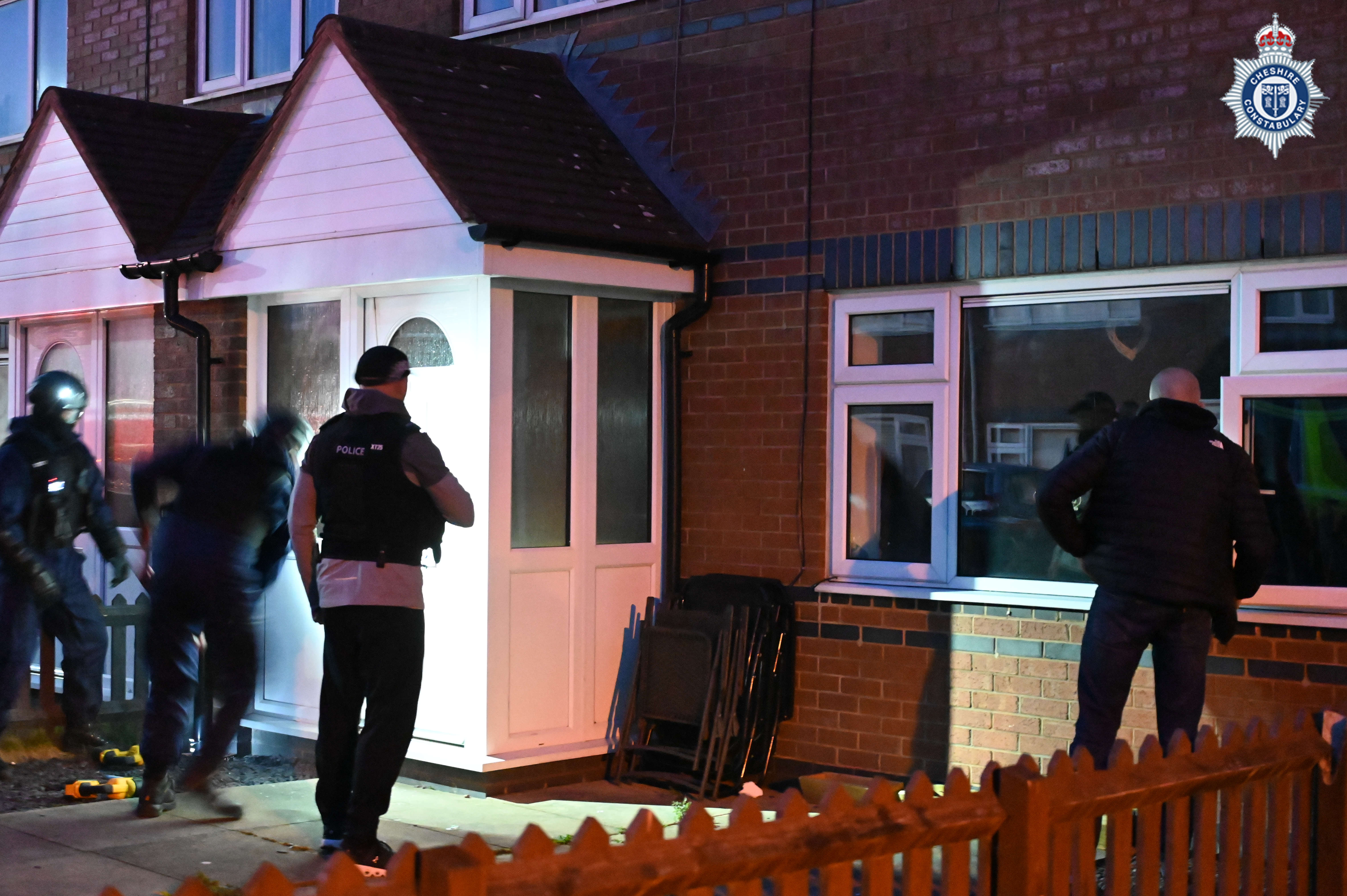 Ten arrested for drugs offences following warrants in Chester
Ten arrested for drugs offences following warrants in Chester
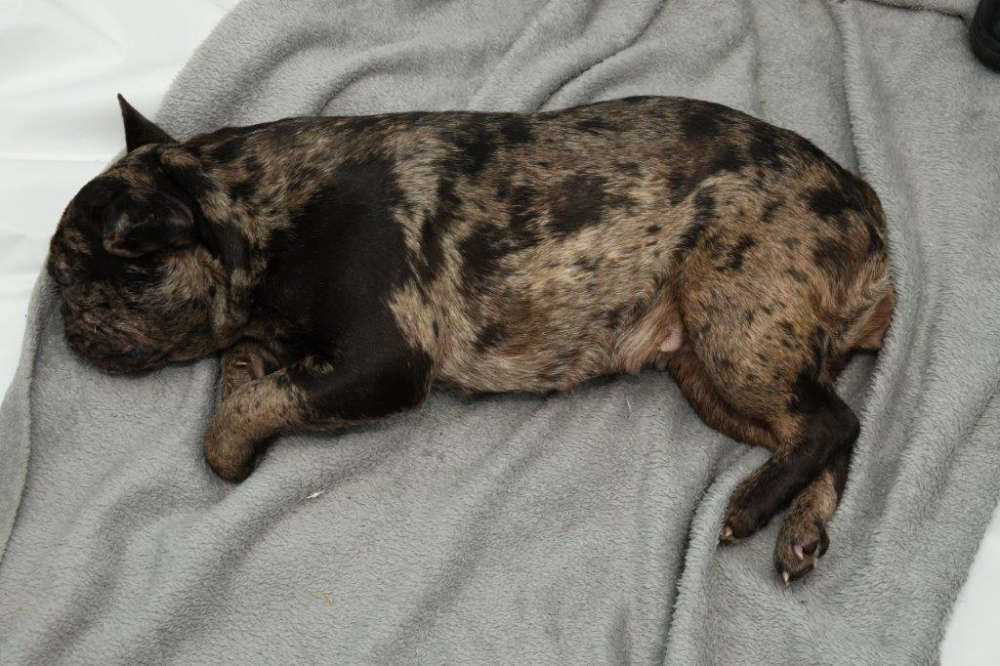 Suspended prison sentence and indefinite ban for Cheshire man who abused his dog
Suspended prison sentence and indefinite ban for Cheshire man who abused his dog
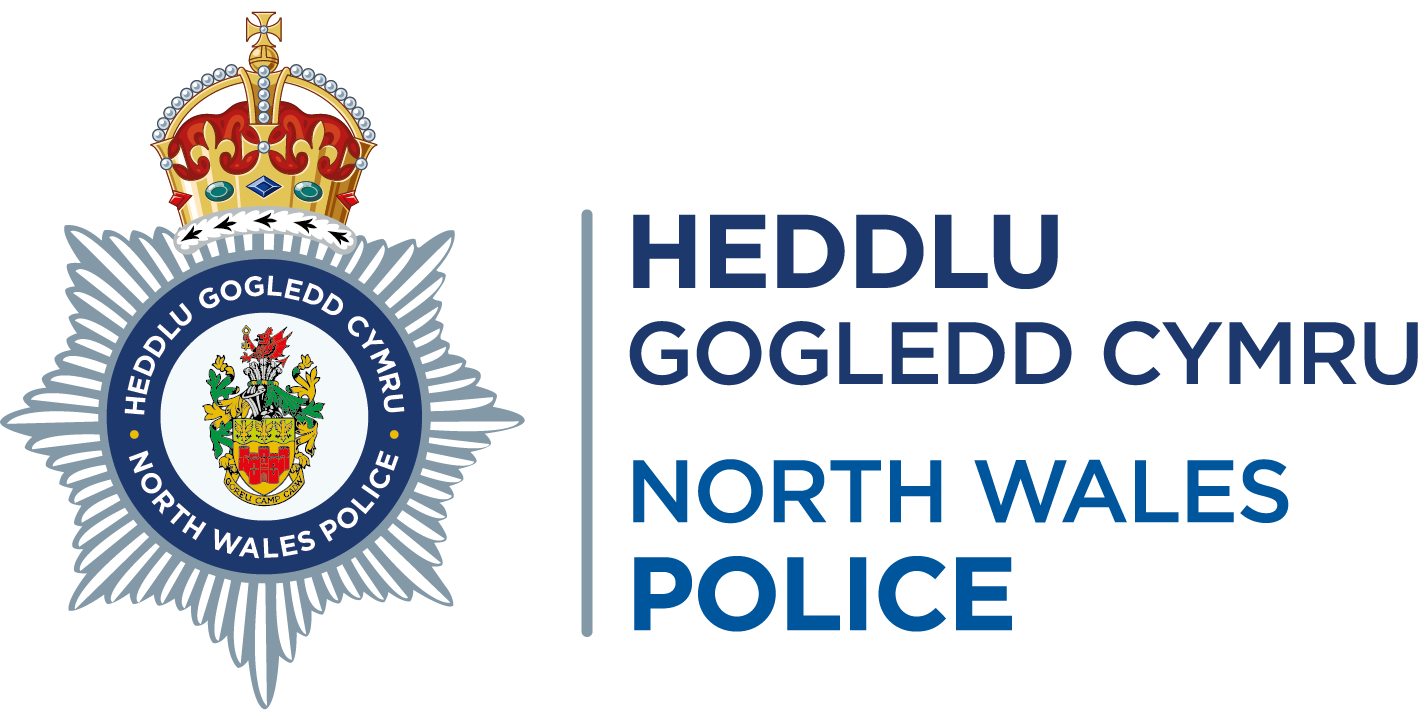 Recovered Stolen Items
Recovered Stolen Items
 Man charged in relation to courier fraud
Man charged in relation to courier fraud
 Police to target criminal use of Cheshire’s roads
Police to target criminal use of Cheshire’s roads
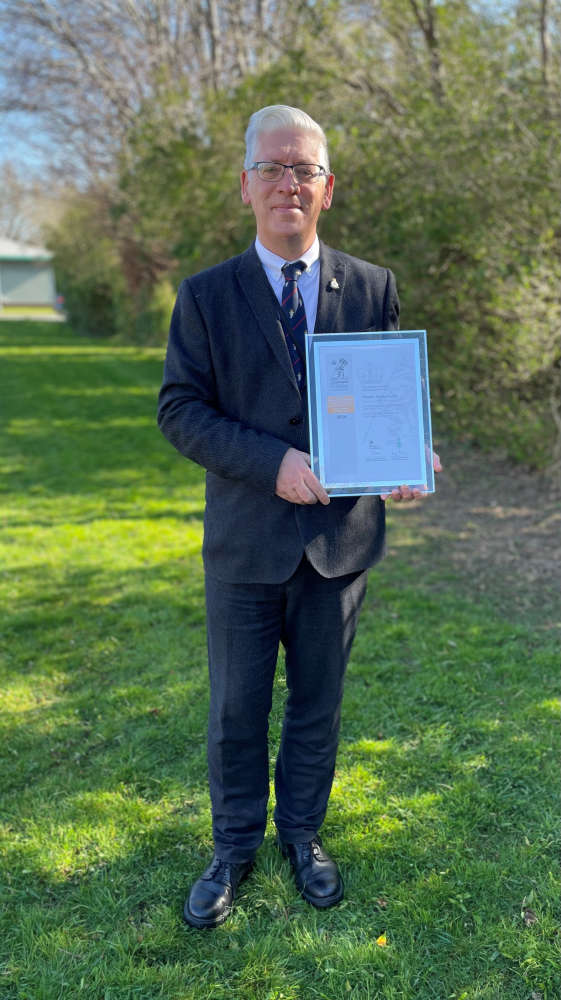 Council awarded Gold Armed Forces Award
Council awarded Gold Armed Forces Award
 Appeal for footage and witnesses following collision in Delamere
Appeal for footage and witnesses following collision in Delamere
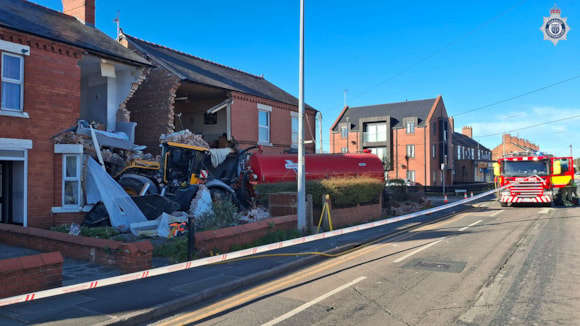 Appeal for information following serious collision in Chester
Appeal for information following serious collision in Chester
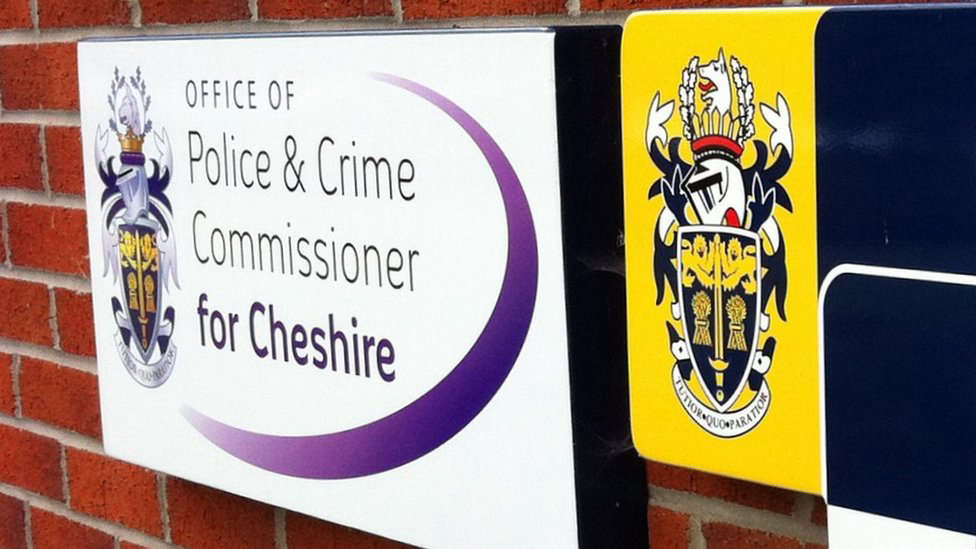 Your chance to get involved in police scrutiny meetings
Your chance to get involved in police scrutiny meetings
 New Events at Jodrell Bank
New Events at Jodrell Bank
 Inspiring Futures at The Queen’s School
Inspiring Futures at The Queen’s School
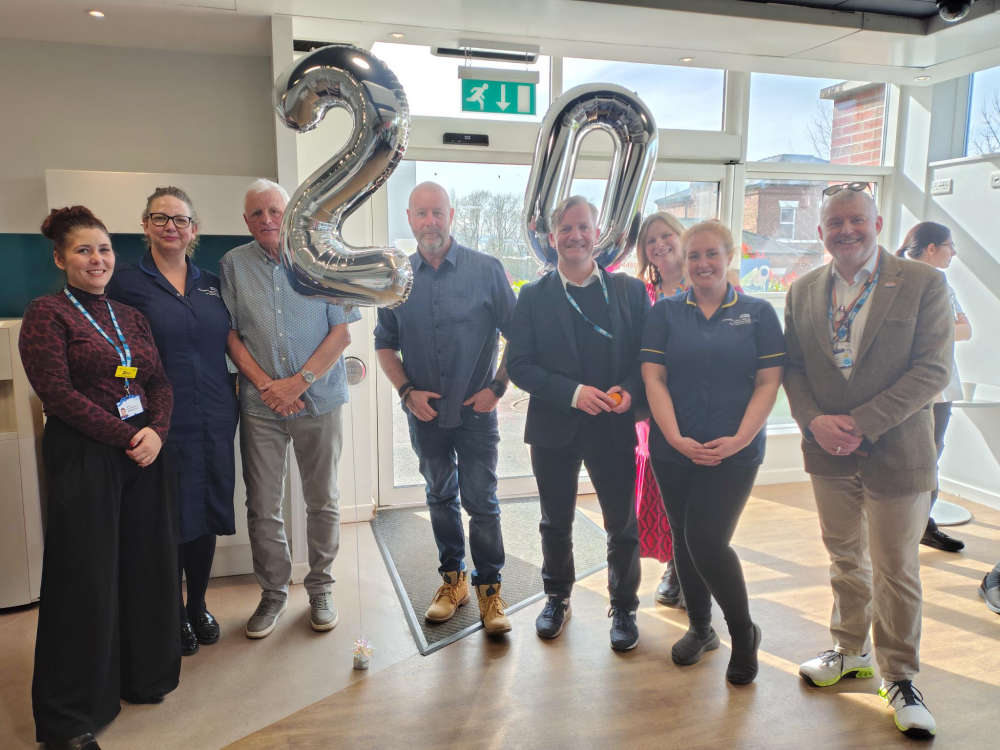 Bowmere Hospital celebrates 20 years of mental health care
Bowmere Hospital celebrates 20 years of mental health care
 Man charged with burglary and drug offences following Chester police stop check
Man charged with burglary and drug offences following Chester police stop check
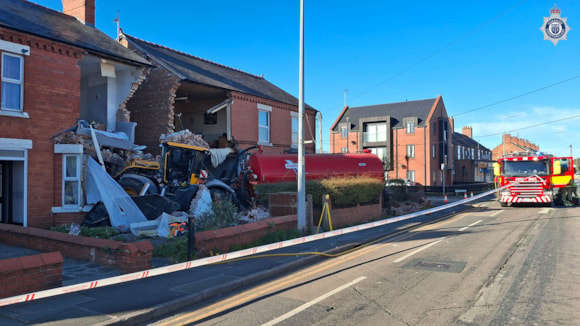 Vicars Cross Road closed following collision in Chester
Vicars Cross Road closed following collision in Chester
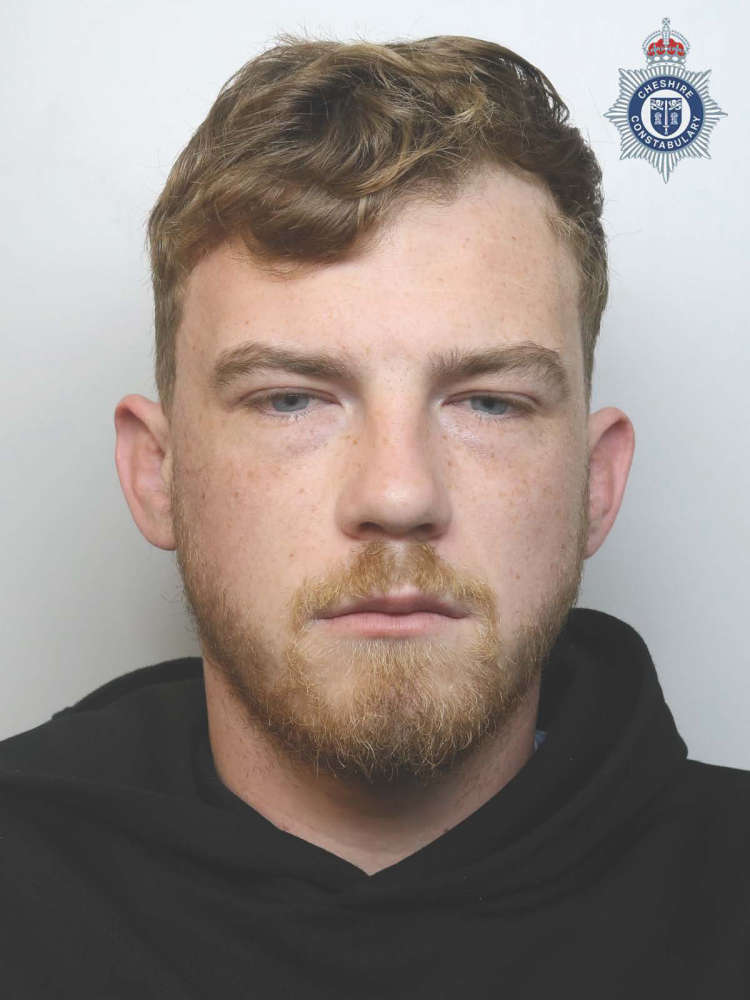 Man jailed for controlling and coercive behaviour and assault
Man jailed for controlling and coercive behaviour and assault
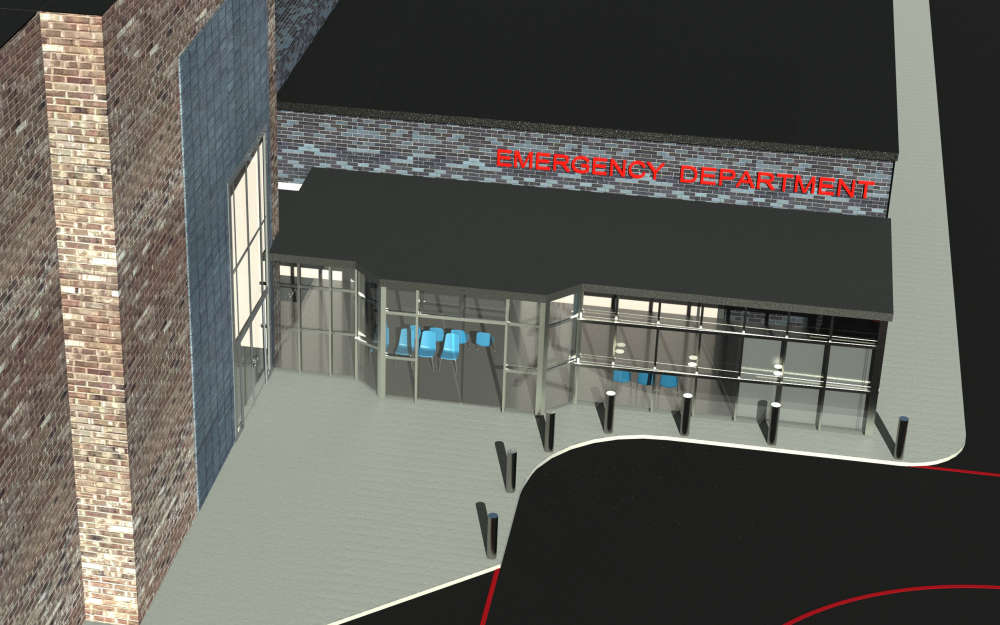 Plan unveiled to transform and improve emergency care at Countess of Chester Hospital
Plan unveiled to transform and improve emergency care at Countess of Chester Hospital
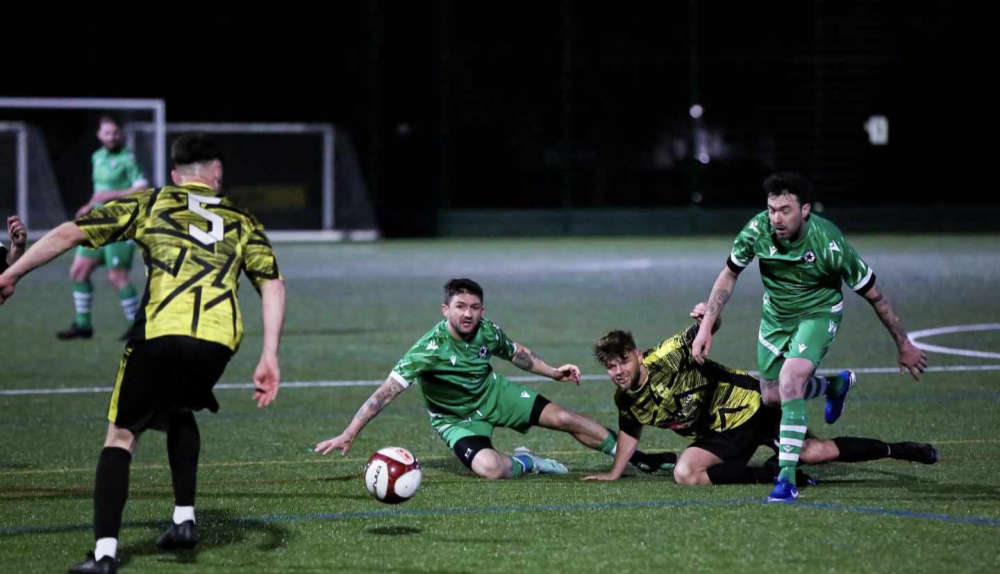 Chester & Wirral Football League - Weekend Round Up
Chester & Wirral Football League - Weekend Round Up
 Ladbrokes returns to Chester Racecourse
Ladbrokes returns to Chester Racecourse